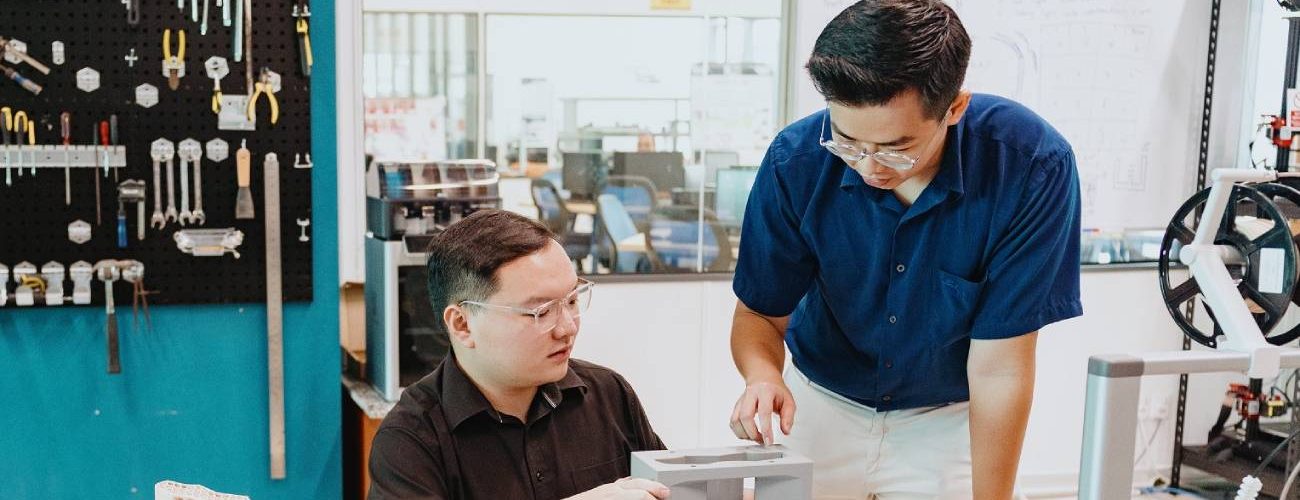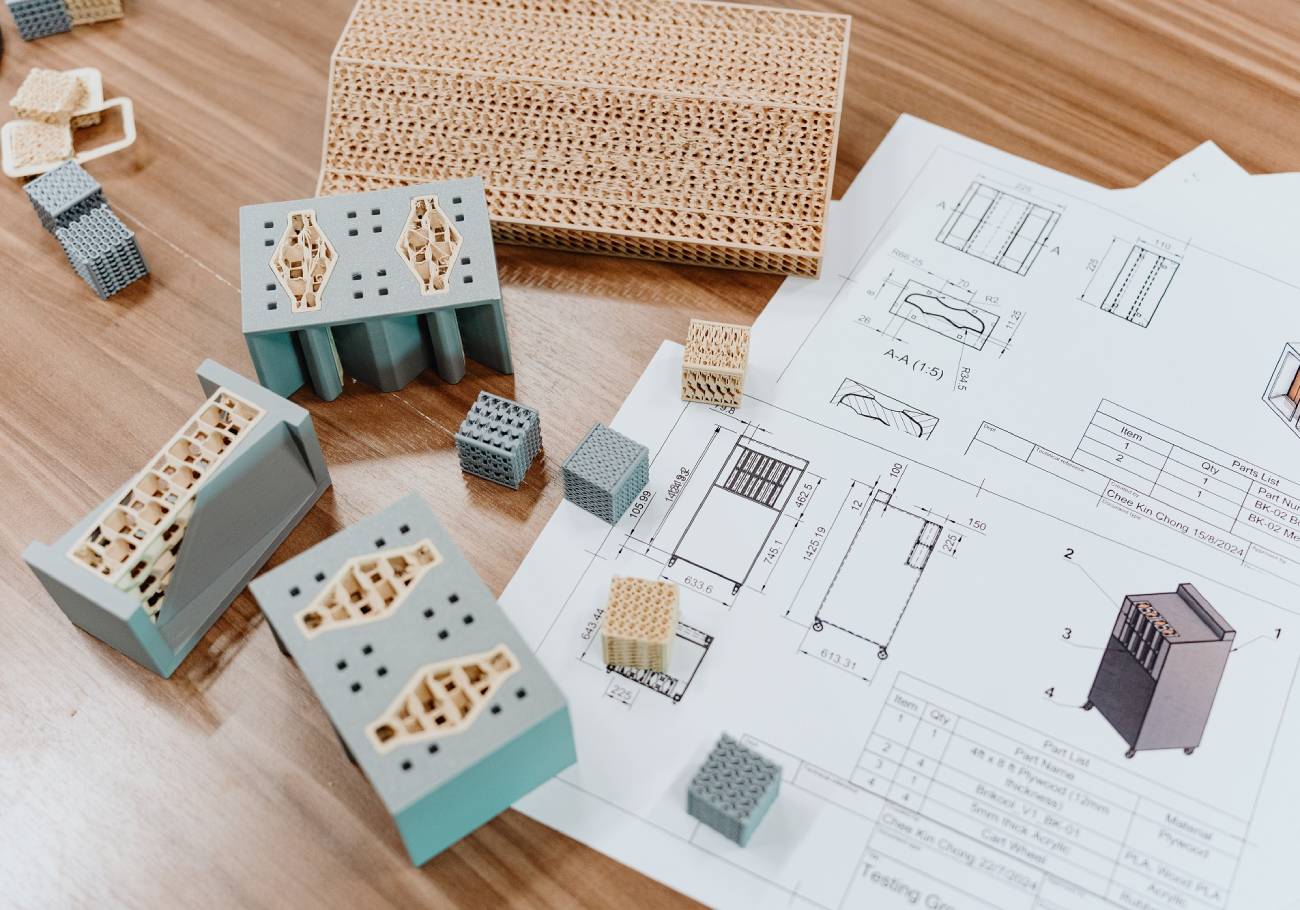
Brikoole, a groundbreaking passive cooling system, developed by Asia Pacific University of Technology and Innovation (APU) students has been named the national winner of the prestigious James Dyson Award.
Developed by Wayne Chong Chee Kin and Nixon Ng Kah Zun, this eco-friendly invention aims to reduce indoor temperatures without relying on external energy sources.
Brikoole: Sustainable cooling solution
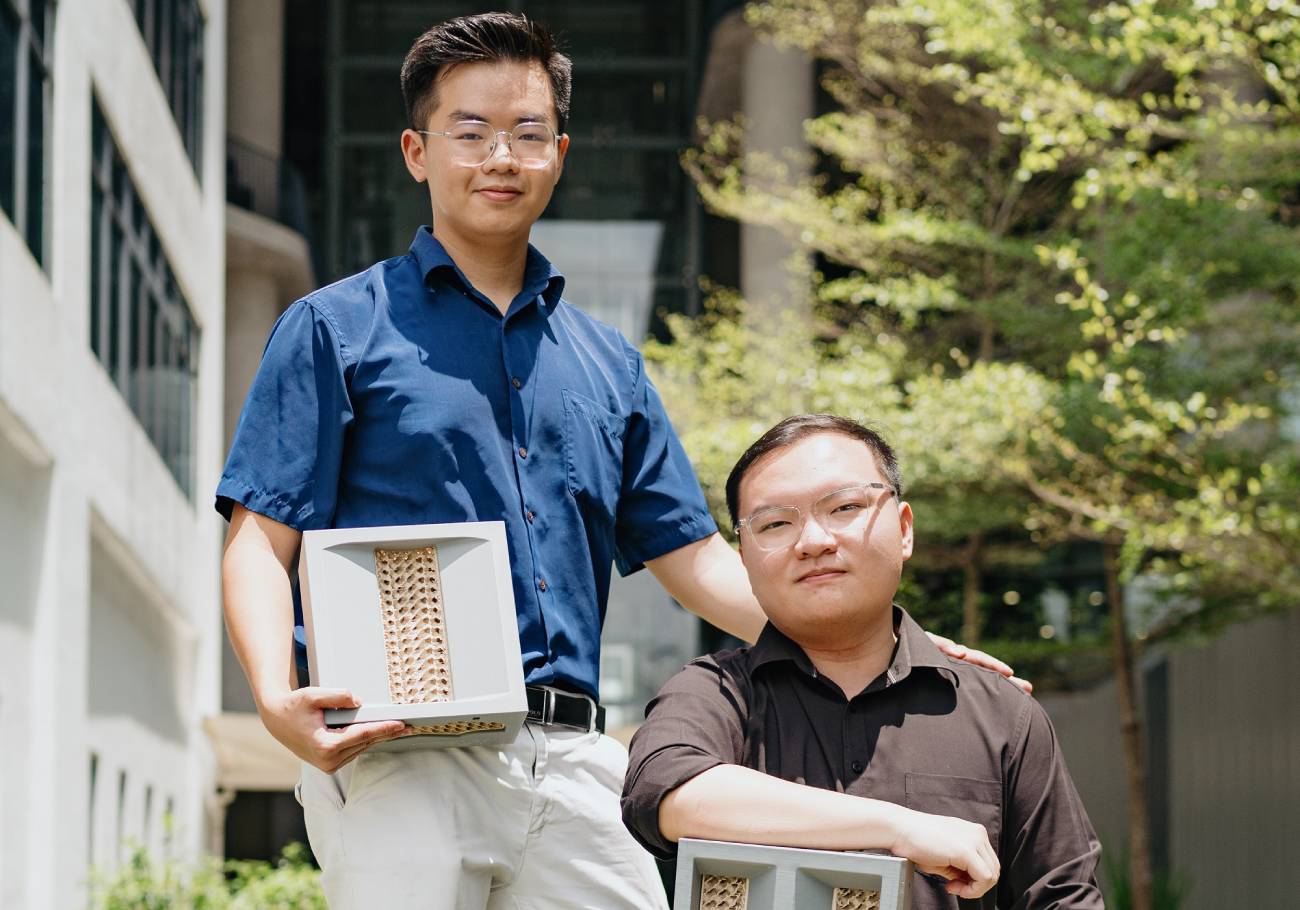
The James Dyson Award winner, Brikoole, integrates controlled airflow and evaporative cooling techniques into a building’s structure, offering a greener alternative to conventional air conditioning systems.
The team behind this innovation, Chong, 23, and Ng, 22, used inspiration from natural ventilation systems, such as termite mounds and wind catchers, to create a multi-layered brick design that channels cooled air into interiors.
“The main motivation behind Brikoole came from observing the rising energy consumption of traditional air conditioning systems in tropical climates,” said Ng.
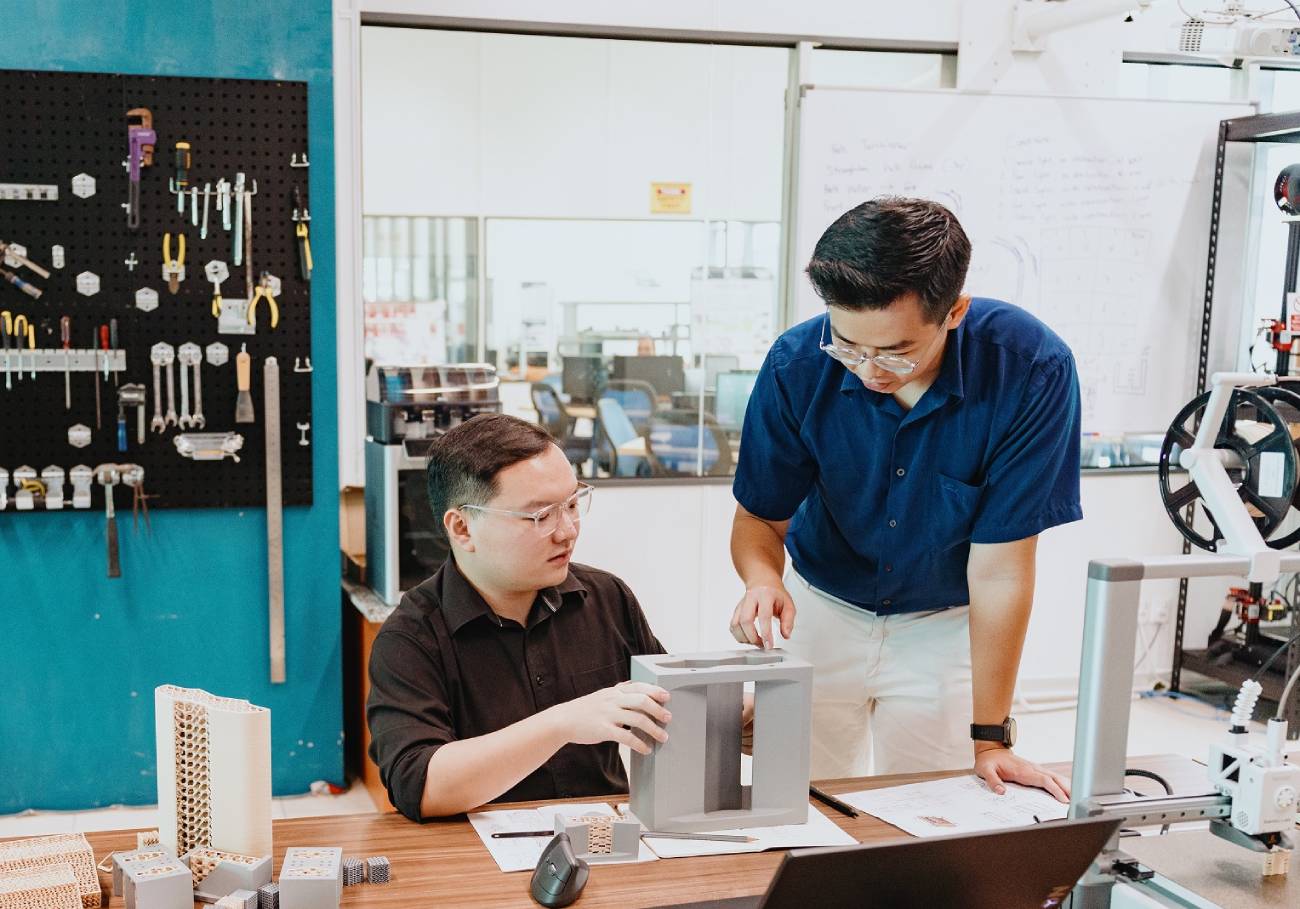
“This issue became personal when a close friend faced financial hardship due to a steep electricity bill, pushing me to explore a solution.”
In Malaysia, where carbon emissions are among the highest globally, Brikoole could significantly reduce reliance on fossil fuel-generated electricity.
Testing has shown the system can lower indoor temperatures by 6.2°C, achieving a comfortable 31°C in tropical environments.
APU’s role in nurturing innovation
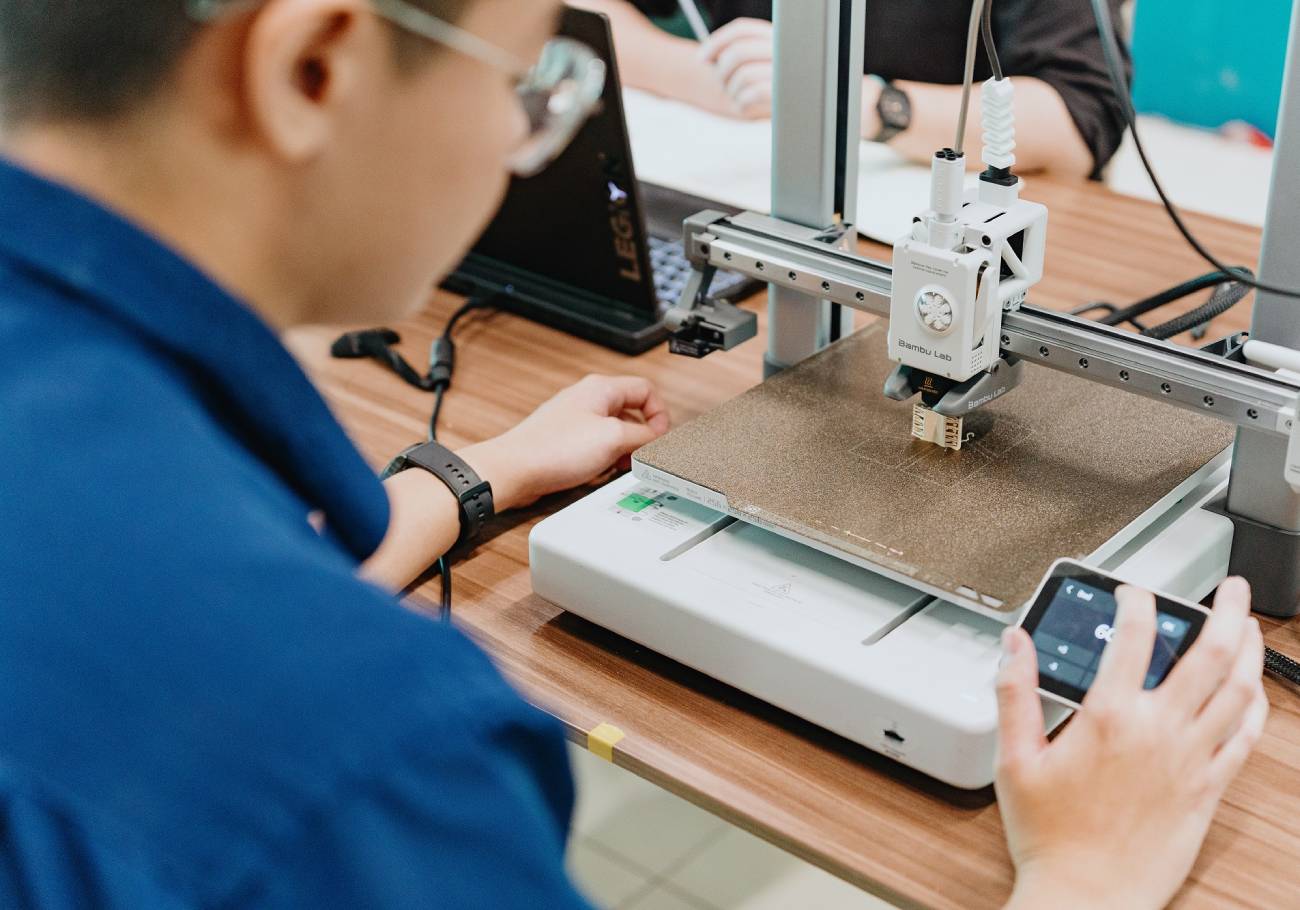
APU’s commitment to blending engineering principles with creative design played a key role in the success of Brikoole.
“APU’s approach to industrial design balances artistic creativity with solid engineering fundamentals,” said Eekang Ooi, the project mentor.
“This method allows students to transform innovative ideas into functional products.”
The development of Brikoole took just two months of research, testing, and prototype creation.
Chong emphasised that the system’s efficiency depended heavily on its internal structure, which currently uses a 3D-printed wood PLA mesh.
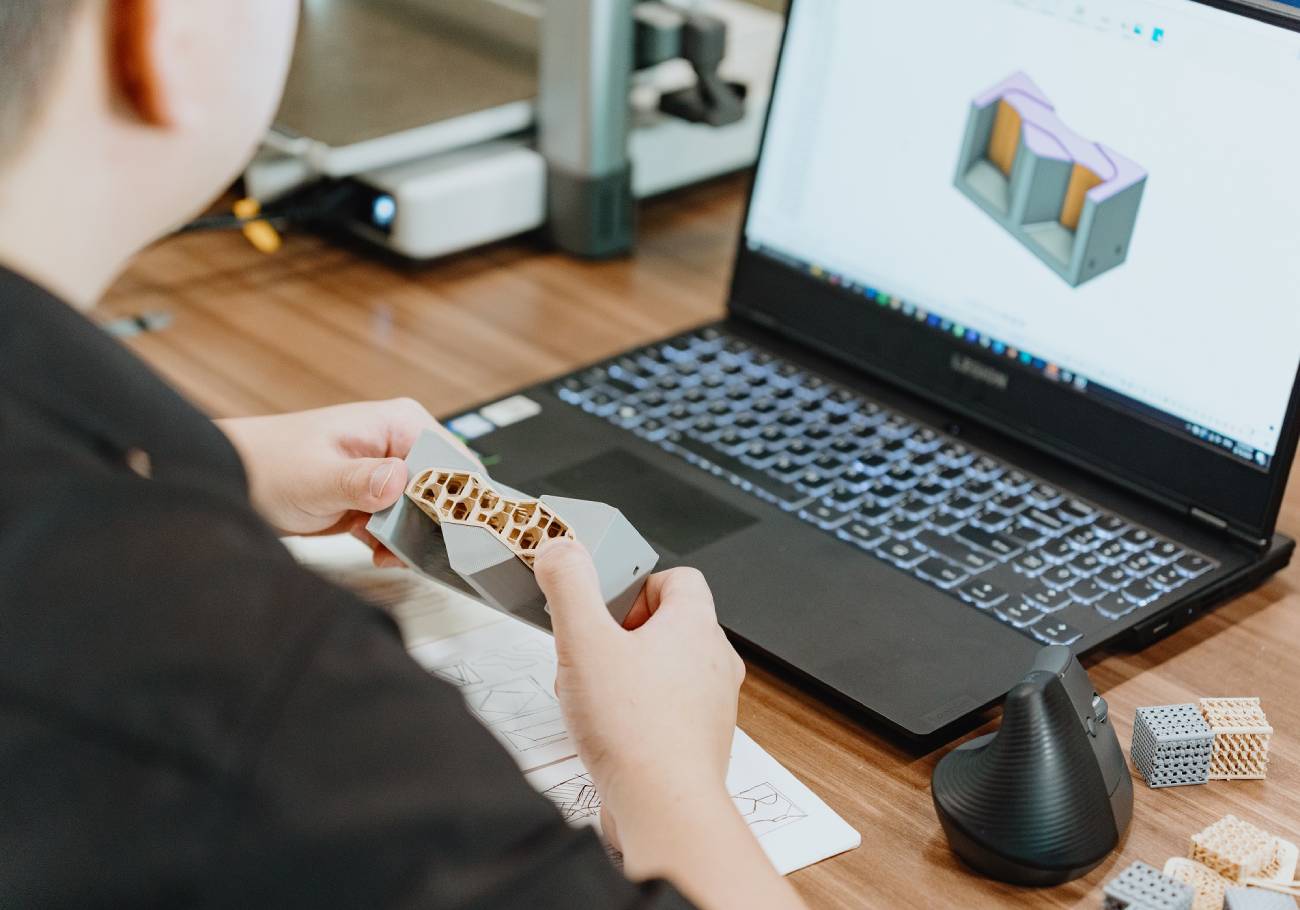
However, future iterations will incorporate ceramic materials to further enhance cooling capabilities.
Winning the James Dyson Award comes with RM29,300 in prize money, which the team plans to use for further development, including material upgrades and real-world testing in tropical environments.
This scalable cooling system can be integrated into various architectural designs, offering a modular and versatile solution for sustainable building practices.
Sharon Yap, Head of Technology Development at Dyson, praised Brikoole’s potential: “Brikoole exemplifies how young engineers can bring fresh perspectives to age-old problems.
Global warming’s impact on Malaysia is immense, and this invention offers a sustainable way forward.”
Brikoole will advance to the next stage of the James Dyson Award, competing on the international level. The global winners, selected by James Dyson himself, will be announced in November.
For more information, please visit www.apu.edu.my


